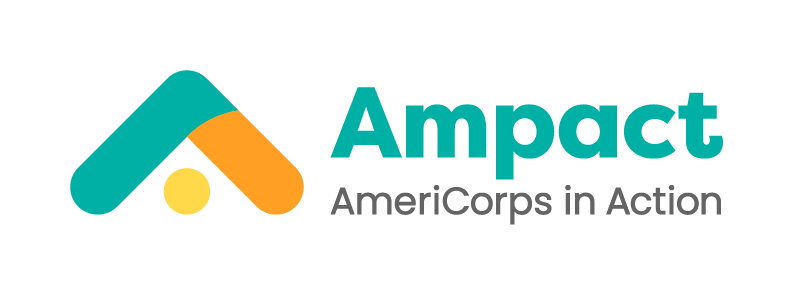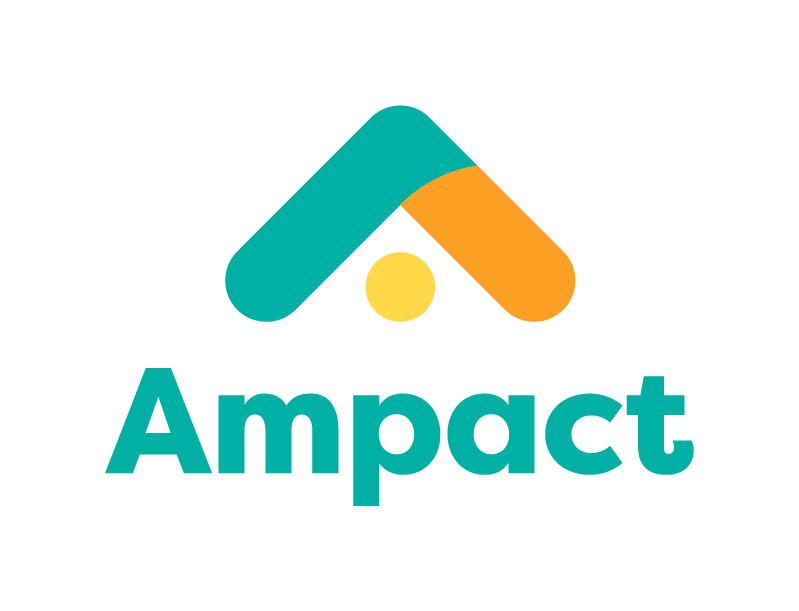How Service with Recovery Corps Helped Amanda Find Purpose
Amanda had been working as a nursing assistant since she was 17, but in recent years she began feeling burnt out and uncertain about her future. She wanted to switch jobs and transform her life for the better but just wasn’t sure of the best path forward. Still, Amanda knew something fundamental needed to change.
She came to the realization that her first step had to be seeking help for substance use disorder and soon began her recovery journey. That decision would end up reshaping both her life and her career in the years to come.
Amanda leaned on her strong work ethic to make all the necessary changes for recovery success: She stayed home, went to support meetings, and slowly rebuilt her life with her two children. Once things felt stable and secure, she decided to get back out into the community and do something positive again.
“Addiction had already taken away so much of my life,” she says. “I didn’t want to just survive. I wanted to grow.”
Gaining Experience for a New Dream
Amanda had dreams of becoming a registered nurse when she was younger, but some life complications derailed that plan. Now, she realized that now she could help other people facing the same issues she had. Amanda decided that she could make recovery possible for others and earned her Peer Recovery Specialist Certificate.
At the end of the certification process, she heard about Recovery Corps and thought it might be a good fit. When she learned that the program’s mission is to support vulnerable people just starting their recovery journeys, she knew it was the perfect next step for her career and applied right away.
“What stood out to me was their willingness to work with people [in all kinds of situations,]” she says. Second chances are hard to come by for many people in recovery. “That alone made me feel like I had a chance.”
The opportunity at Recovery Corps offered more than a job; it offered structure, flexibility, and healing. She recalls how the training, her coach, and her site supervisor all helped her transition to a new role. It was the first time in years that she believed she could be a productive part of something larger than herself.
“I didn’t just want a job to make money, but something that that really can inspire other people to be able to get out of this dark place that I crawled out of myself,” she recalls.
Beginning a New Path
Amanda serves at Begin Anew, a small recovery-based nonprofit with a tight-knit team. She lights up when talking about her first weeks there.
“I got my own desk,” she recalls. “I decorated it with cherry blossoms and pictures of my kids. It was the first time I felt like I belonged somewhere outside my home.”
One of the standout aspects of Amanda's experience was the opportunity to develop a diverse skill set. From project coordination to direct member engagement, she gained hands-on experience that has proven invaluable to supporting participants. Every day presents a new challenge and a new chance to learn.
In her role as a Recovery Navigator, Amanda supports individuals re-entering the community after time in the justice system, many of whom are navigating the same challenges she once faced. She’s earned a forensic endorsement for working with people coming out of incarceration and completed trainings in Narcan administration, suicide awareness, documentation, and more. She’s even considering going back to school for her Alcohol and Drug Counselor License, something she once thought impossible.
Support is Personal
The work Amanda does is deeply personal for her. As a Recovery Navigator, she supports people with histories that often mirror her own.
“I met one woman whose kids had just been taken,” Amanda says. “You could see the fear on her face. I told her, ‘I’ve been there. I’ve walked that road. And you can get through it.’”
That is what makes peer support so powerful. It’s not just a theory of how to help; it’s rooted in real, lived experience. If you're inspired by Amanda's journey, consider joining Recovery Corps. Learn more about the program and how you can get involved at recoverycorps.us.


